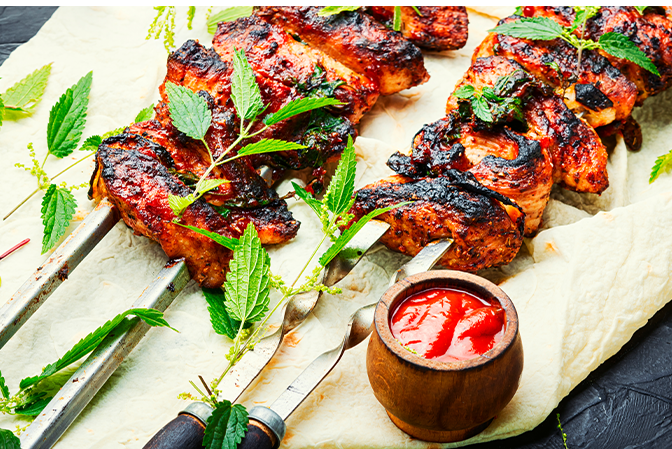Kurdish voices
Wed 12 Oct 2005 01.13 BST
For six days, they crouched in the back of a lorry, amid the packing cases of goods being delivered to the UK. At a cost of £8,000 each, four men and two women were placed in the hands of people smugglers in Turkey. Their destination was unknown.
Two weeks ago, the doors of the lorry were opened and they found themselves blinking in the London daylight. Within minutes they had dispersed. One, a Kurdish farmer from a mountain village in Turkey, told the Guardian how he immediately visited a lawyer and sought asylum. He does not know what happened to his fellow travellers.
The man, 47, who wishes to remain anonymous, said yesterday that his brother in Istanbul raised the money so he could leave the village, where he said he was beaten by the Turkish military.
“I just ran away from the oppression that I was living under,” he said. “We didn’t know that it was London, we were just in the lorry to run away from Turkey.”
He said he was unsure how his brother had made the connections so he might be taken to the UK, but the smugglers he came directly into contact with were Turkish.
“They didn’t tell me they would put me in a container for six days,” he said. “I could have died in there.”
At the Kurdish community centre in Stoke Newington, north London, the chairman, Ibrahim Dogus, said he had mixed feelings about the smashing of the smuggling ring.
“Many people have died on their way here. Sometimes their organs are taken away from them because they did not have enough money to pay,” he said. “Many people are lost on their way to Europe, they disappear and you never know what happened.
“It’s good that this ring has been smashed. The trouble is, without having a proper democratic solution for peace in Turkey, people will always look for chances to flee. Being a Kurd in Turkey is extremely difficult, even now, when Turkey is hoping to become a member of the EU.”
Mr Dogus said he thought the statistic of 200,000 people smuggled from Turkey to the UK over the last few years given in a police briefing was “exaggerated” and the claim that the majority would be economic migrants was “doubtful”.
“I guess there’s a very small number of people who are illegally staying in the country, not claiming asylum, people who are economic migrants. Perhaps they work in restaurants and cafes but we haven’t come across that many of them,” he said. “Families who bring their relatives to the UK either do it by legal means or if they do use smugglers, their relatives will claim asylum as soon as they get here. They do it to save their families’ lives.”
Those with long-established ties to the UK would not need to know how to get in contact with smugglers, but newer arrivals would. “There are people who are making connections, mediators for people who are willing to pay to bring friends and relatives. They are very well connected. They make them travel for two to three months, sometimes, often forcing them to walk for days,” he said.
“These smugglers suck the blood of people. What they do is clearly for personal interest, rather than helping people running away from oppression.”




